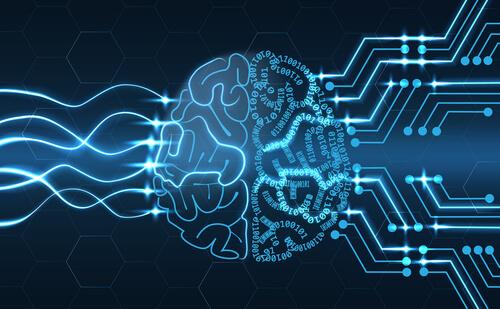What if a fusion of information technology and psychology could help us better understand how we learn?Would it be possible to create a machine capable of planning ideal classes for each student?It seems that this goal is beginning to come true through the design of a teaching machine.
Most of us have had experiences in which we have struggled to learn something new, but we also live in a time when we learn something almost effortlessly. Human learning is a complex process.
- If a machine could help us learn effortlessly.
- In addition to adapting this process to our characteristics.
- We could be much more efficient and productive.
- Thanks to a team of researchers from the University of Wisconsin-Madison.
- This dream is getting closer and closer.
Several professors from the Departments of Computer Science and Education Psychology collaborate with programmer Xiaojin Zhu on his “The Teaching Machine” project. The aim is to open new avenues in the field of learning.
Machine learning is a well-established computer subdomain in which experts develop mathematical tools to help teams learn from data and detect patterns. The machine student (the team) is like a student.
The teaching machine uses sophisticated mathematical calculations to enable researchers to model real human students and devise the best possible lessons to teach them. For example, the machine can identify the fewest exercises required for a particular student to understand a concept.
Although this work is in diapers, it has great potential to generate a positive impact on education. Applications of this machine can range from individualizing teaching or evaluation processes to helping students with learning issues and issues.
Timothy T. Rogers, professor of cognitive psychology at the University of Wisconsin-Madison and one of Zhu’s collaborators, explains how computer science and psychology combine in teaching machine design.
Roger says that for the pedagogical approach of this machine to be feasible, a good model of student behavior is needed; that is, it is necessary to understand how this changes by the influence of different types of learning or practical experiences. In addition, the model must be computerized and able to make quantitative predictions about student behavior.
“Ultimately, we hope the work can be used to help teachers develop lesson plans and curriculums that promote learning in a wide variety of fields,” rogers says, citing math, science, and reading as examples.
On the other hand, it also emphasizes the importance of effort to use cognitive learning models that can influence real-world problems, and explains that these problems require researchers to make important new advances in understanding learning processes in general.
However, Zhu said that while this idea is conceptually simple, it is very difficult to apply in the real world, making it a big problem.
Psychology and computing are scientific disciplines that focus on identifying the particular characteristics of information processing, one in humans and the other in building a tool capable of emulsifying brain function: the computer.
On the other hand, psychology is distinguished by several fields or approaches of study, with cognitive psychology being the closest to information technology, is the focus that focuses on knowing which processes we learn about the world, how we become aware of the environment and the results we get.
In addition, from the point of view of cognitive psychology, the focus is on understanding the functioning and nature of intelligent, human or artificial systems, so an analogy is proposed between the mind and the computer; however, the similarity between the two is quite obvious.
Thus, researchers on the subject and especially those focused on artificial intelligence try to translate ideas, beliefs and hypotheses about the functioning of the mind to the computer, similarly, psychologists in this field use the computer model to define their theoretical hypotheses and interpretations.
As we see, information technology and psychology are intimately linked to the objective of learning more about the complexities of the functioning of the human mind, a relationship that will undoubtedly give what to talk about and that can contribute a lot to technological, personal and social progress. .

